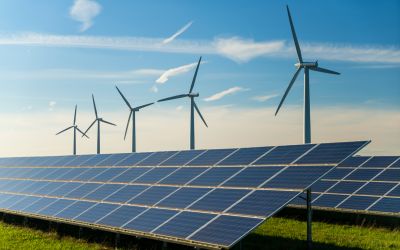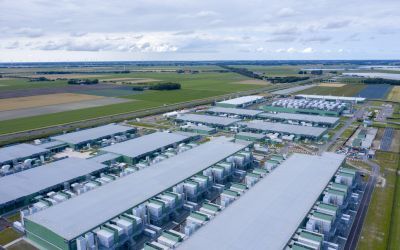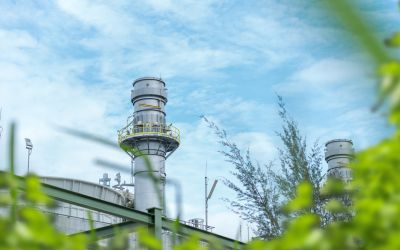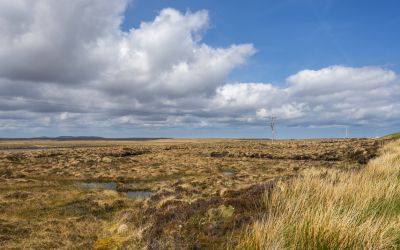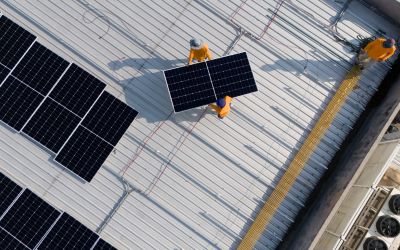In a world grappling with climate change, biodiversity loss, and pollution, one fundamental driver often goes unnoticed: resource consumption. Over the past 50 years, global material use has surged by more than three times, with high-income countries responsible for disproportionately high environmental impacts. This linear approach - extract, use, dispose - has dominated economies for centuries. But the tide is turning. The circular economy presents an opportunity to redefine economic growth by designing out waste, keeping products and materials in use for longer, and regenerating natural systems.
02 April 2025
